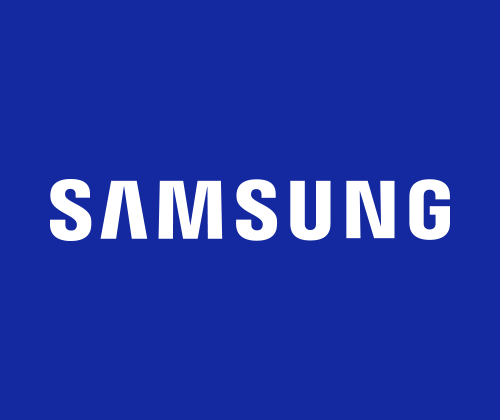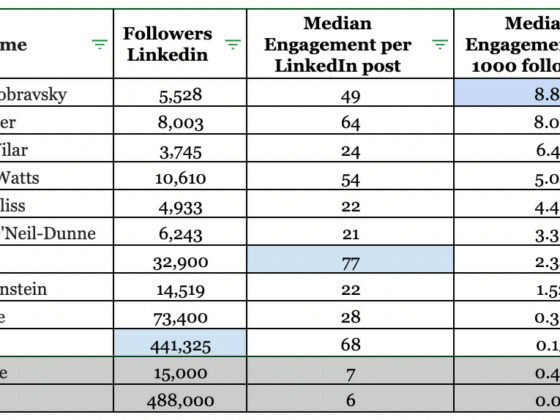
Initially launched in the US but now available across Europe, Google’s AI Overviews have reached their first year. So how has this AI fusion changed the way we search, and, more importantly, what does it mean for businesses in travel?
Predictably, the presence of overviews in queries has grown rapidly. Data from Semrush indicates that in the U.S. 13.14% of searches in March 2025 triggered an AI Overview (compared to 6.49% in January 2025). A high proportion (88%) of these queries are informational in nature with the most impacted categories being the high-trust areas such as Health and education. Travel is also scoring very high on that list.
Semrush concludes that Google is increasingly answering complex questions directly which means that more users are being kept within the search engine and not clicking to external websites. Further data has revealed that the average organic click through rate for queries with AI Overviews is down by a whopping 83%.
The main consequence is a decline in visits. By providing immediate answers, Google retains traffic that previously went to publisher websites.
With fewer direct visits, it’s harder to measure real audience behavior. This complicates editorial optimization and commercial strategies, as key metrics (visits, sessions, user friction points) become unavailable. Search Engine Land warns that “AI Overviews” create a kind of zero-click search on steroids, deepening the challenge of understanding how users consume information.

Steps You Can Take Now
These figures refer to averages and case studies in the U.S., but they point to a global trend and it’s clear that many traditional SEO strategies must adapt to this new landscape, including travel businesses – especially sites providing detailed information on local areas such as places to go, local bars and restaurants and popular tourist spots. Content needs to be optimized to cover full user journeys rather than merely answering individual queries. The focus should be on providing information that cannot be easily condensed into a brief AI summary. This means creating comprehensive content that integrates answers to related questions under a unified topic. In other words, priority should be given to detailed analyses, “where-to-go” guides, comparisons, and reviews featuring proprietary data. Strengthening pages that offer original value is a strategic move.
Focus on Commercial Keywords
Currently, most AI Overviews appear in informational searches (typically low CPC). In contrast, high-value commercial keywords (high CPC, moderate difficulty) are generally less affected. SEO strategies should focus on these valuable queries, where competition from AIO is currently lower.
With less guaranteed traffic from Google, diversifying the marketing mix becomes essential. This includes increased investment in paid advertising, exploring SEO on alternative search engines, and strengthening owned channels (email marketing, social media, etc.).
At Smartvel we work with travel businesses to extend their customers’ travel experience. Detailed local information and interactive maps , video and rich content enable travelers to discover towns and cities in destinations around the world. Travelers explore areas in depth before making their hotel booking to ensure the destination is right for them.
Google generates answers based on whether the user is already familiar with certain destinations. We create content that caters to both beginners and experts, helping to generate traffic which leads to increased bookings.
Being visible in the AI Overview is now a new goal for SEO. While these summaries reduce clicks, appearing in them offers branding and recognition. Therefore, rather than “dying,” SEO is evolving: strategies must now optimize for both traditional search engines and Google’s new conversational search format.








